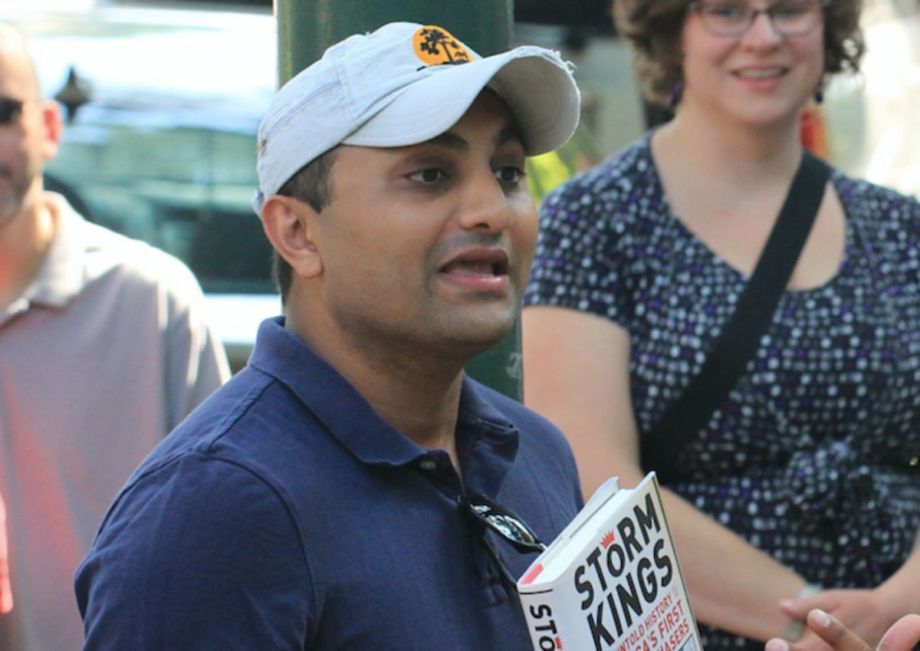Chicago may be the next city to test universal basic income.
Chicago Alderman Ameya Pawar recently proposed giving $500 a month to 1,000 Chicago families, no strings attached, the Chicago Sun-Times reports. His resolution has more than 30 co-sponsors and directs the mayor’s office to create a task force exploring a local universal basic income program, starting with the 1,000-family pilot.
Pawar fears that automation — particularly in the areas of hospitality, food services and transportation — could deepen the city’s existing fractures along the fault lines of geography, race and class, according to the Sun-Times.
“We are headed towards a perfect storm,” he said, according to the paper. “And I think that the best way to prevent that perfect storm is to start having a conversation and piloting innovative public policies so that people can start to see a different path.”
The Chicago Tribune Editorial Board is skeptical of Pawar’s proposal. His plan “suffers from a number of flaws, the most obvious being: How would Chicago pay for it?” the board wrote in a Monday op-ed. “Chicago has huge unfunded pension obligations, a lousy bond rating and rising property taxes. This pilot program would cost at least $6 million a year. When asked on WTTW’s ‘Chicago Tonight’ where the money would come from, Pawar had no answer.”
As Next City has covered, however, universal basic income pilots aren’t necessarily publicly funded. In Stockton, where a similar program is being tested, the Economic Security Project and Goldhirsh Foundation are financing the city’s efforts. Pawar would like to see Chicago’s pilot funded by donations from wealthy supporters of the idea, the Sun-Times reports — but that’s no small endeavor.
“What they’re planning is quite substantial,” Saadia McConville, communications director at the Economic Security Project recently told the paper. “I can speak from experience in Stockton that it’s definitely not an easy task, but it is something that [donors] are interested in.”
Universal basic income has supporters from across the political spectrum, from the Movement for Black Lives to tech billionaires. Its skeptics point primarily to that latter group, questioning whether the policy would simply be a new way for corporations to keep up their tax-evading, workforce-shrinking ways.
As Douglas Rushkoff wrote in an LA Times op-ed last year: “Where is [universal basic income] supposed to come from, after all, if not the profits that Silicon Valley companies have made by cutting out human labor in the first place?”
But the idea has also been hailed as a way for cities to invest more directly in their citizens. Officials already dole out corporate subsidies by the millions, the argument goes — why not cut out the corporation and provide an income floor for residents’ basic necessities?
“What $500 a month is going to do is to get [pilot participants] over the hump: [help them] plan for emergencies, to have some money in the bank … put groceries in their refrigerator, food on the table, to pay for childcare, to repair [their] car,” Pawar said, according to the Sun-Times.

Rachel Dovey is an award-winning freelance writer and former USC Annenberg fellow living at the northern tip of California’s Bay Area. She writes about infrastructure, water and climate change and has been published by Bust, Wired, Paste, SF Weekly, the East Bay Express and the North Bay Bohemian
Follow Rachel .(JavaScript must be enabled to view this email address)















